Moving to Washington, DC
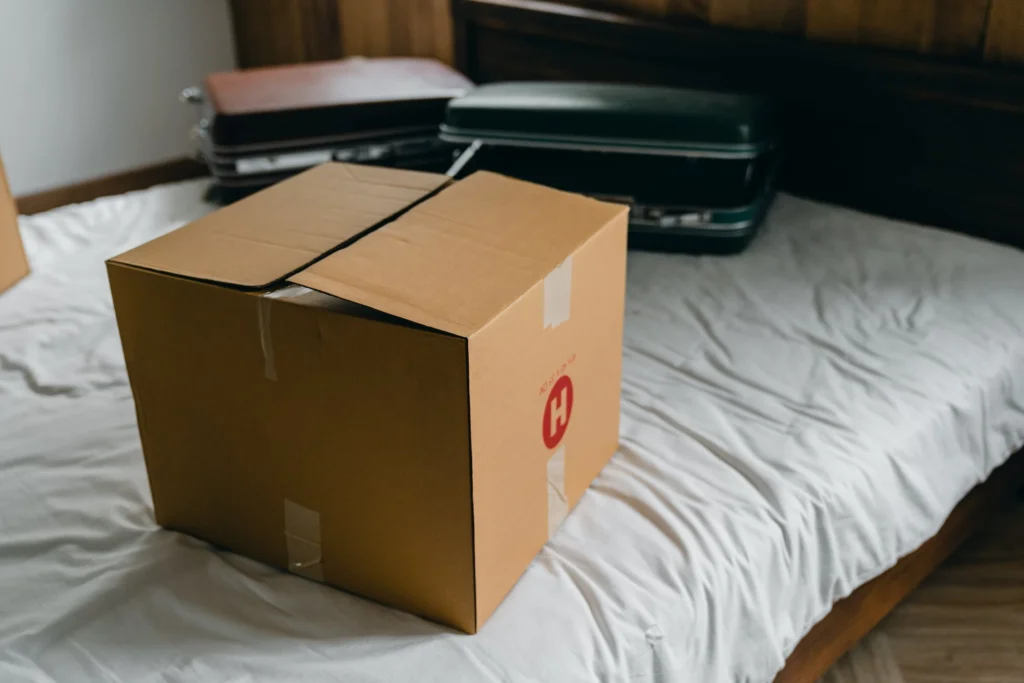
Considering a move to Washington, DC? We’re here to help. Here are some of the top things to know before making the move to our nation’s capital.
Cost of Living in Washington, DC
Washington, DC is known for being one of the most expensive cities to live in the United States. The cost of living can vary greatly depending on your lifestyle and where you choose to live, but here are some general expenses you can expect:
- Housing: The cost of housing is the largest expense for most people in Washington, DC. The average rent for a one-bedroom apartment in the city is around $2,200 per month, while a two-bedroom apartment can cost upwards of $3,000 per month. If you’re looking to buy a home, the median home price in Washington, DC is around $650,000.
- Transportation: Washington, DC has an extensive public transportation system, including the Metro rail and bus system. The cost of a single Metro ride is $2.25, and a monthly unlimited pass costs $81. Additionally, many residents choose to own a car, but you should be prepared for high gas prices, tolls, and parking fees.
- Food and groceries: Eating out in Washington, DC can be expensive, with the average meal at a mid-range restaurant costing around $20-30 per person. Groceries can also be pricey, with a gallon of milk costing around $3.50 and a pound of chicken costing around $4.
- Utilities: The cost of utilities can vary depending on your living situation, but the average monthly cost of electricity, gas, and water for a one-bedroom apartment is around $150-200.
Overall, it’s important to budget accordingly and consider the high cost of living when deciding whether to move to Washington, DC.
Washington, DC Traffic
The average commute length in Washington, DC varies depending on the specific location, but according to the US Census Bureau, the average commute time for workers in the Washington, DC metropolitan area is around 34 minutes one-way. However, this can vary greatly depending on traffic and the mode of transportation used.
Many people in Washington, DC use public transportation to commute. The Washington Metropolitan Area Transit Authority (WMATA) operates the Metro rail and bus system, which serves the District of Columbia, Maryland, and Virginia. According to WMATA, an average of over 600,000 passengers use the Metro rail and bus system each weekday. Additionally, there are several other public transportation options in the area, including commuter trains and buses operated by local governments and private companies. Overall, public transportation is a popular option for commuters in Washington, DC, as it can help avoid traffic congestion and save on transportation costs.
Up and Coming Washington DC Neighborhoods
Washington, DC has many great neighborhoods to choose from, and new areas are constantly emerging as up-and-coming hotspots. Here are some of the best up-and-coming neighborhoods in Washington, DC to consider:
- Ivy City: Located in Northeast DC, Ivy City is a rapidly developing neighborhood with a mix of new condos, townhomes, and renovated warehouses. The area is known for its trendy bars, breweries, and restaurants.
- NoMa (North of Massachusetts Avenue): This neighborhood is located just north of the US Capitol and Union Station. It has undergone significant development in recent years and is now home to luxury apartments, trendy restaurants, and a vibrant nightlife scene.
- Navy Yard: Located along the Anacostia River in Southeast DC, the Navy Yard has seen a major transformation in recent years. It is now home to Nationals Park, the Navy Yard Metro station, and a mix of new apartments and office buildings.
- H Street Corridor: Located in Northeast DC, the H Street Corridor has undergone significant development in recent years and is now a trendy destination for nightlife, shopping, and dining. It is also home to the Atlas Performing Arts Center and the H Street Festival.
- Shaw: Located in Northwest DC, Shaw has seen significant development in recent years and is now a trendy neighborhood with a mix of new apartments, restaurants, and shops. It is also home to the historic Howard Theatre and the U Street Corridor.
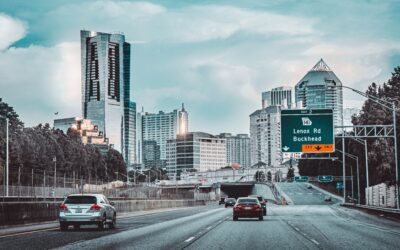
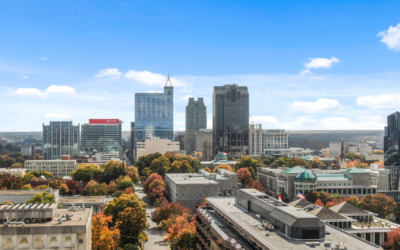
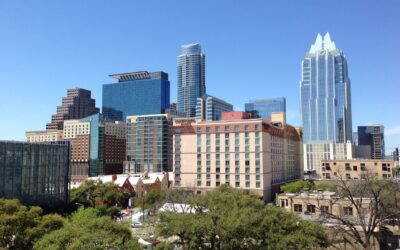
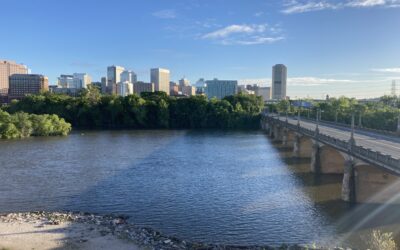
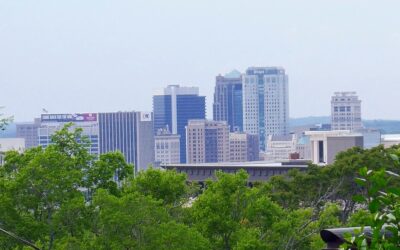
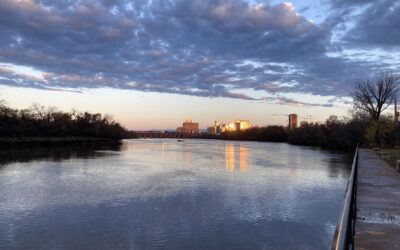

Recent Comments